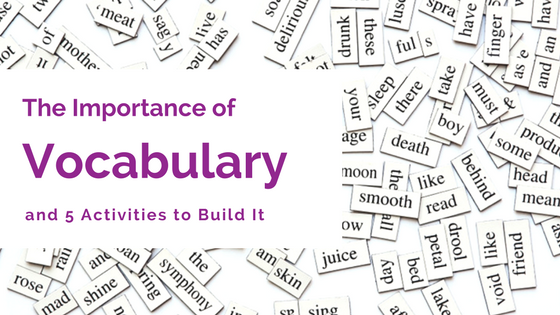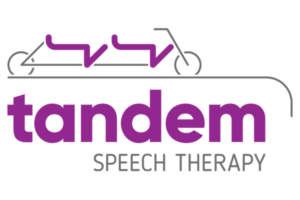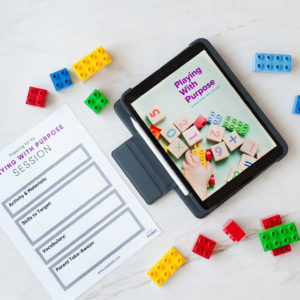
What is vocabulary?
Why is having a large vocabulary important?

5 Fun Activities to Build Vocabulary
1. Use your five senses during play. Engage in sensory play with your child and describe what you see, hear, feel, taste, and smell. You could plan a sensory-specific activity like playing in the sandbox with hidden treasures. This will give your child many opportunities to hear and use descriptive words which are a great vocabulary builder. Descriptive words can include size, shape, color, texture, temperature, quantity, etc. 2. Encourage play with a variety of toys. Your child probably has a favorite toy. Even though his favorite may be a firetruck, try to have a variety of toys for play. Different types of toys require children to use different types of language. Playing with a house toy encourages words like mommy, table, potty, and sit. While playing with trains may help a child to use words like engine, conductor, tracks, and go. Having a variety of toys available contributes to developing specialized language for each toy theme. 3. Play with children of different ages. When your child plays with kids who are different ages, he/she gets to try out different roles. When he is the older child, he gets to be the leader. When she is the younger child, she gets a chance to learn from others. Older children can provide an excellent model of new and different ways to use vocabulary too. Playing with peers is also beneficial for practicing social skills and social language/vocabulary. 4. Repetition is key. Repetition is important for acquiring any new skill, and that’s particularly true with young children. Think of the adage, “practice makes perfect.” When you introduce new words, use them in more than one instance to help it stick in your child’s memory. If you’re reading James and the Giant Peach, your new word may be “giant.” You could say, “Wow, that tow truck is giant,” as you point to it across the street. If your child does not pick up on the new word and use it right away, then do not worry. Like many things, children need to hear certain words or phrases more often than other before the language becomes a permanent word in their vocabulary. 5. Help your child expand their sentences. You can keep a conversation going by expanding your child’s words and phrases. If she says, “dog,” then you can say, “Yes, that is a dog. It is a small, brown dog.” You can also encourage your child to expand on his sentence by asking a question such as, “What is the dog doing?”
Want to learn more strategies to build vocabulary?
Start Playing With Purpose
Learn how to purposefully and intentionally interact with your child during play and help them increase opportunities for speech and language development with our Playing with Purpose book!










